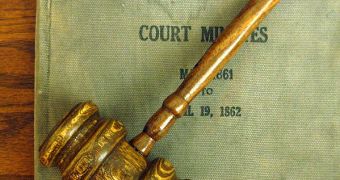The heated battle between the FTC and Intel is still going strong, with both parties making their respective moves, motions and complaints. A more recent development had Intel filing a motion through which it tried to exclude Commissioner J. Thomas Rosch from the case, on the grounds that the latter had served as Intel's antitrust lawyer between 1987 and 1993.
Intel's Dec. 15 filing argued that Rosch, FTC commissioner since January 2006, “personally advised Intel on many antitrust issues and practices, regarding which the commission has now threatened to sue Intel.” The U.S. Federal trade Commission denied this motion on the grounds that the matters on which Rosch previously advised the chip giant were too far removed from the current issue.
“Intel interacted with Commissioner Rosch for many months, attempting to persuade him to vote against a complaint in this matter without ever voicing a concern about his involvement in the case,” FTC Chairman Jon Leibowitz said in his opinion. “The matters upon which Commissioner Rosch previously advised Intel are so distant in time -- and concern technology, allegations and business relationships that are so dissimilar to those relevant to the present matter -- that they are not at all ‘substantially related,’ to the current proceeding.”
The case is currently being reviewed by an FTC administrative law judge. Should the company lose in this phase, it will be allowed to appeal to the first commission and then to the U.S. Court of Appeals. Of course, the fact that its motion regarding Rosch was denied means that the Santa Clara-based chip maker will be able to use the same argument as part of the appeal.
“If in the end the commission rules against Intel, then Intel could take this to the U.S. Court of Appeals, and this could be part of such an appeal,” said Stephen Calkins, a former FTC general counsel, now a teacher of antitrust law at Wayne State University in Detroit.

 14 DAY TRIAL //
14 DAY TRIAL //